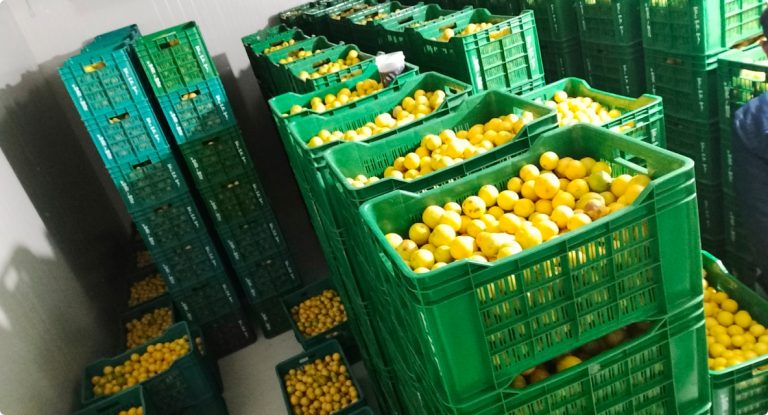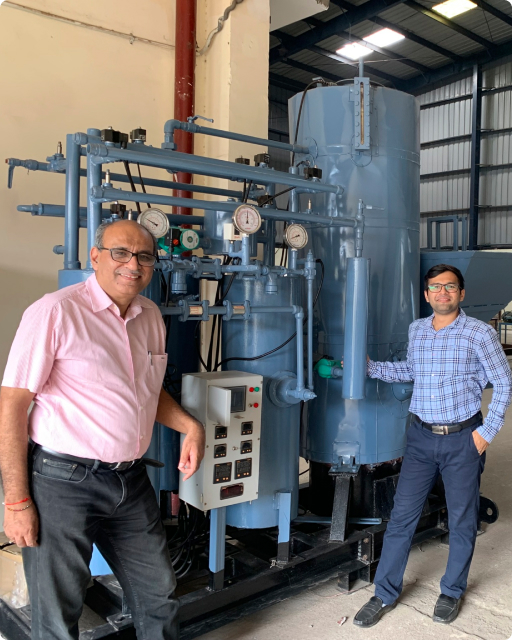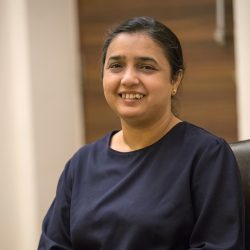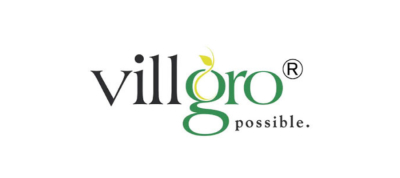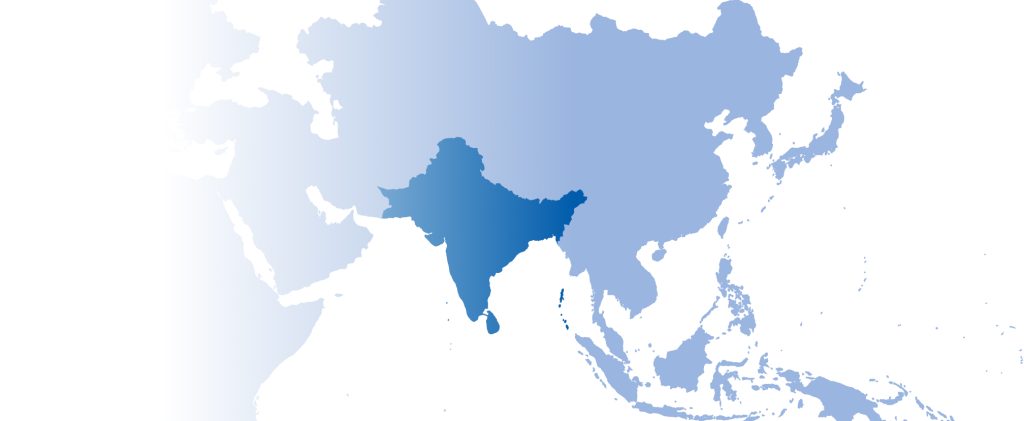
Region Overview
In 2022, South Asian countries continued their commitment to achieving targets for renewable energy integration, and some are planning to increase them. For example, Bangladesh is considering raising its renewable energy share from 10% to 40% of the total electricity mix. In Nepal, the expectation is that the government will enter into new Power Purchase Agreements (PPAs) in 2023 once the decision to sign PPAs for 1,500 MW run-of-the-river hydropower projects in 2022 is approved.
Spearheaded by enterprises in India, the year also saw an increased interest in the e-mobility space . The fast adoption of electric vehicles (EVs) showed how government policies – faster adoption and manufacturing of hybrid and electric vehicles – and targets – 100% of new vehicles to be zero emission by 2030 – can drive penetration of a new technology. As of November 2022, EV companies had raised USD 673 million in the country.
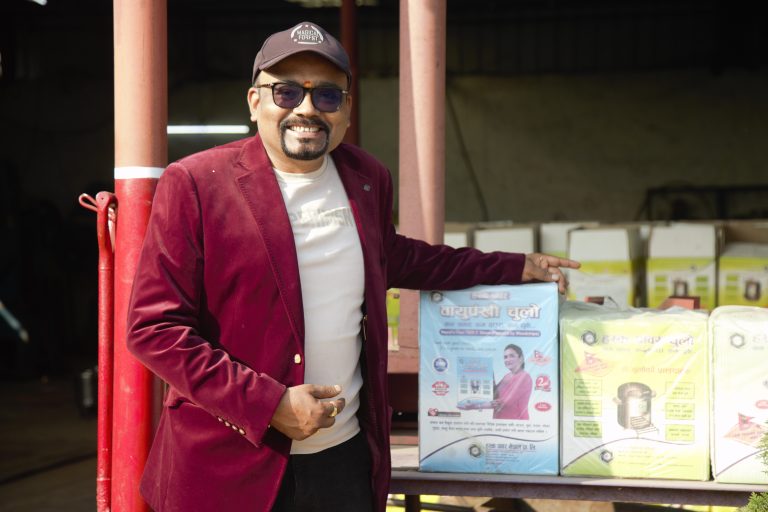
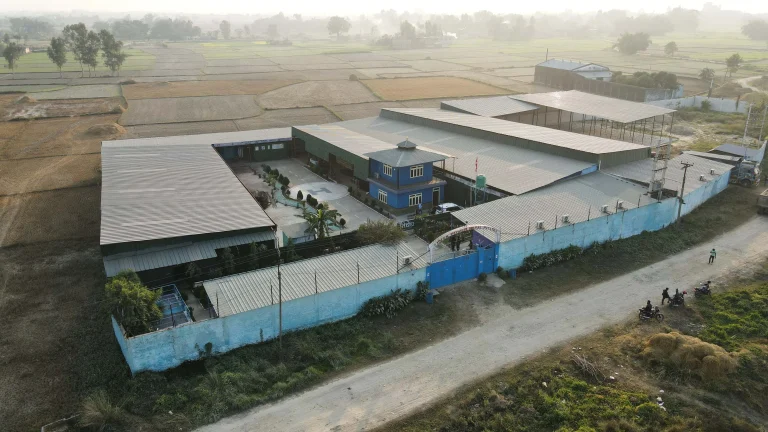
Finance mobilised and new projects supported
South Asia was a strong region for PFAN in 2022, contributing to 50% of the total funding raised by PFAN-supported enterprises worldwide, led by two projects adding 230MW of solar capacity in Bangladesh. In 2022, we supported 16 projects to raise a total investment of close to USD 567 million in the areas of solar, hydro, clean transport, biomass and adaptation. A total of 34 new projects were provided PFAN support in India (21), Nepal (7), Bangladesh (5) and Sri Lanka (1).
Capacity building and events in the PFAN Network
We expanded our reach in the region by appointing a new Country Coordinator in Sri Lanka, who helped to reengage with the local ecosystem and originate our first project in the country. To support capacity building efforts across the continent, PFAN’s South Asia and Southeast Asia teams collaborated to organise two round tables for investors incoming from 10 countries. Internally, we conducted virtual Advisor workshops to transfer knowledge and learnings from experiences of working with project developers and entrepreneurs within the network.
These activities continued despite the global economic turmoil and slowdown in funding across sectors. Where possible, the network engaged with early-stage seed investors, while larger funding rounds were delayed, and finding investors for green field projects continued to be a challenge in the midst of the economic crisis. Due to such challenges, project origination slowed down across the region, and the focus areas for origination had to be reassessed – leading to new and exciting scopes to be identified. For instance, we focused on impact projects for development and energy access in some countries, including Sri Lanka.
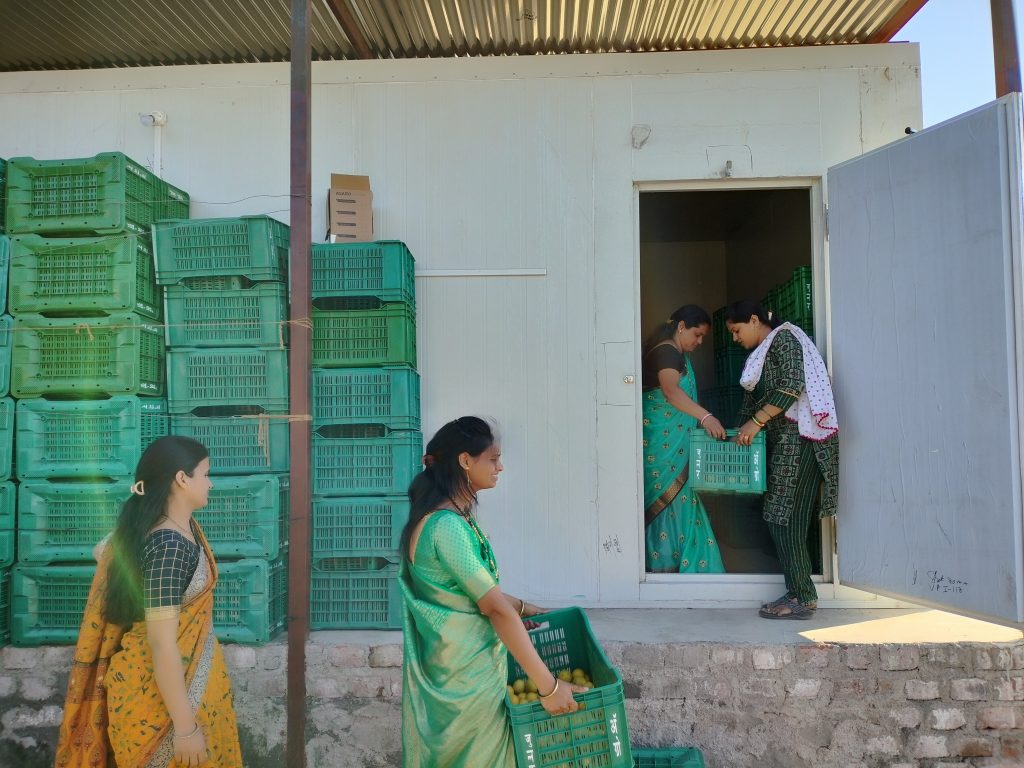
Gender Mainstreaming in South Asia
To further our commitment to gender mainstreaming, PFAN provided our advisors with capacity building trainings. One third of the portfolio in South Asia was gender inclusive in 2022, consistently meeting the targets set for the region. In addition to women on the board, these companies have been employing women in leadership positions and creating employment opportunities. The clean energy access projects in clean cooking and for electricity generation and distribution directly impact women in rural areas by reducing drudgery and increasing productive time – PFAN South Asia inducted such projects from remote areas of India and Nepal.
